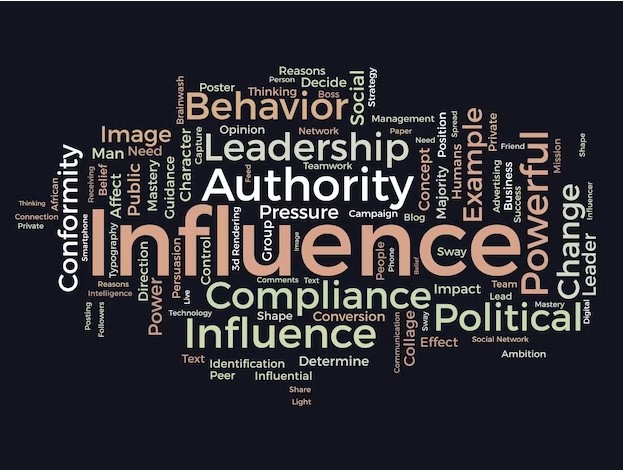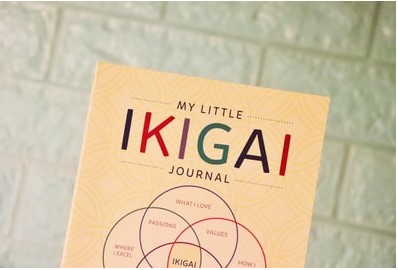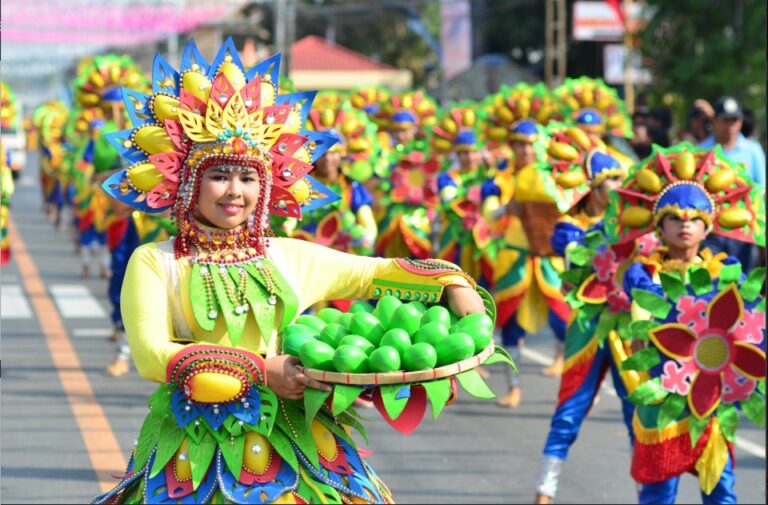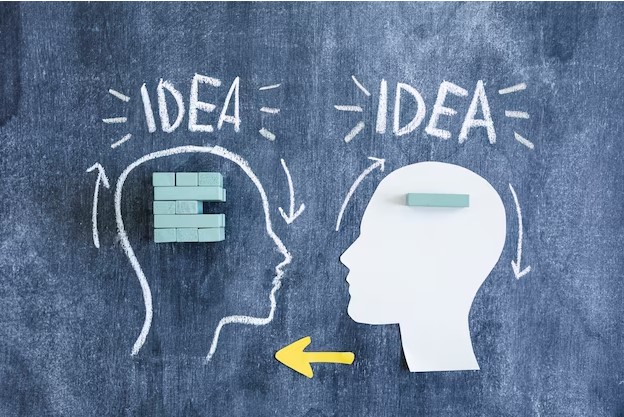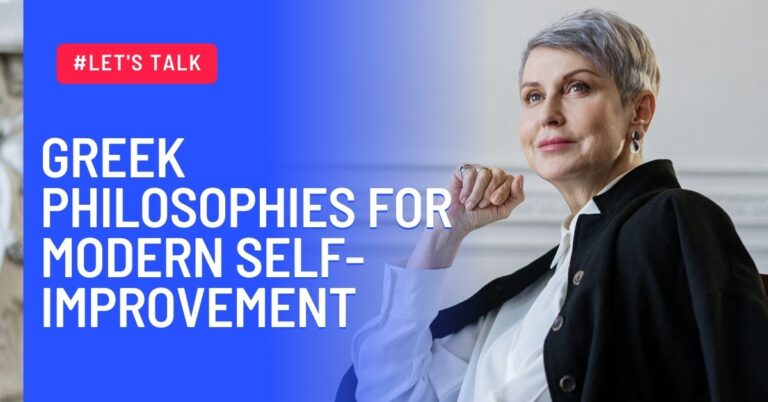How Does Culture Influence Personal Development
Understanding the Concept of Culture
Culture is a complex and multifaceted concept that encompasses a wide range of factors. It includes language, customs, traditions, and societal norms. These elements create a framework through which we perceive the world and interact with others. Our cultural background influences our attitudes, perspectives, and worldview, shaping our understanding of success, relationships, and personal goals.
Cultural diversity is a fundamental aspect of human society. It enriches our lives and broadens our horizons. By understanding and appreciating different cultures, we gain a deeper understanding of How Does Culture Influence Personal Development.. This self-awareness is essential for personal development, as it allows us to navigate the complexities of the world with empathy and respect.
Cultural Influences on Personal Beliefs and Values
One of the most significant ways culture shapes personal development is through its influence on our beliefs and values. From a young age, we are exposed to the values and beliefs of our cultural heritage. These values are often deeply ingrained and play a crucial role in shaping our identity.
For example, in collectivist cultures, such as many Asian societies, the emphasis is often placed on the well-being of the group rather than individual achievements. This cultural value of collectivism can influence personal goals and aspirations, as individuals strive to contribute to the greater good rather than pursuing individual success.
On the other hand, individualistic cultures, such as those found in Western societies, prioritize personal achievement and self-expression. In these cultures, personal development may revolve around individual goals and aspirations, such as career advancement or personal fulfillment.
The Impact of Cultural Norms and Expectations on Personal Development
Cultural norms and expectations play a significant role in shaping personal development. These norms are the unwritten rules that govern social behavior within a particular culture. They provide a framework for how individuals should behave, communicate, and interact with others.
For instance, in some cultures, there may be specific expectations regarding gender roles and relationships. This can influence personal development by shaping individuals’ understanding of their roles and responsibilities. These cultural expectations can impact career choices, relationship dynamics, and overall life satisfaction.
Moreover, cultural norms can also influence the perception of success and failure. In some cultures, academic achievements may be highly valued, and individuals may feel immense pressure to excel academically. This focus on academic success can shape personal development by influencing motivation, self-esteem, and career choices.
Cultural Diversity and Personal Growth
In today’s globalized world, cultural diversity is more prevalent than ever before. The ability to embrace and appreciate different cultures is essential for personal growth. By exposing ourselves to diverse perspectives and experiences, we can broaden our horizons and develop a more inclusive worldview.
Cultural diversity fosters open-mindedness and empathy. It challenges our preconceived notions and encourages us to question our own beliefs and values. This process of self-reflection and introspection is crucial for personal growth, as it allows us to evolve and adapt to an ever-changing world.
By embracing cultural diversity, we can develop a deeper understanding of ourselves and others. We become more adaptable, resilient, and open to new ideas. This mindset not only enhances personal growth but also fosters stronger relationships, improved communication, and a greater sense of belonging in a diverse society.
Developing Cultural Intelligence for Personal Development
Cultural intelligence refers to the ability to effectively navigate and understand different cultural contexts. It involves being aware of our own cultural biases and prejudices and actively seeking to learn from others. Developing cultural intelligence is crucial for personal development, as it allows us to thrive in diverse environments and build meaningful connections with people from different backgrounds.
To develop cultural intelligence, we can engage in activities such as traveling, learning new languages, and immersing ourselves in different cultural experiences. These experiences expose us to different ways of thinking, behaving, and communicating, allowing us to develop a more nuanced understanding of cultural diversity.
Moreover, cultivating cultural intelligence involves being open to feedback and actively seeking opportunities for self-improvement. It requires humility, empathy, and a willingness to challenge our own assumptions. By continuously learning and growing, we can enhance our personal development and become more effective global citizens.
Cultural Barriers and Challenges to Personal Development
While cultural diversity offers numerous benefits, it also presents challenges and barriers to personal development. Cultural barriers can manifest in various forms, such as language barriers, stereotypes, and discrimination. These barriers can hinder personal growth by limiting opportunities, creating misunderstandings, and perpetuating inequality.
Language barriers, for example, can impede effective communication and limit access to education and job opportunities. Stereotypes and discrimination based on cultural differences can marginalize individuals and hinder their personal and professional development. Overcoming these barriers requires a collective effort to promote inclusivity, equality, and cultural understanding.
Embracing Cultural Differences for Personal Growth
Embracing cultural differences is essential for personal growth. It requires us to challenge our own biases and be open to learning from others. By embracing cultural diversity, we expand our perspectives, develop a greater appreciation for different ways of life, and enhance our personal development.
To embrace cultural differences, we can engage in activities such as attending cultural events, participating in intercultural dialogues, and seeking out diverse perspectives. By actively seeking opportunities to learn from others, we can broaden our horizons, deepen our empathy, and foster personal growth.
The Role of Cultural Experiences in Personal Development
Cultural experiences play a vital role in personal development. Whether through travel, cultural immersion programs, or interactions with people from different backgrounds, these experiences provide unique learning opportunities that shape our understanding of the world and ourselves.
Cultural experiences expose us to new ideas, perspectives, and ways of life. They challenge our assumptions and broaden our horizons. By stepping outside of our comfort zones and immersing ourselves in different cultures, we gain valuable insights that contribute to our personal growth and self-identity.
Conclusion: Embracing Cultural Influences for Holistic Personal Development
Culture plays a significant role in shaping personal development. From influencing our beliefs and values to shaping our behavior and decision-making, culture permeates every aspect of our lives. Understanding and embracing cultural influences is crucial for holistic personal development in a globalized world.
By cultivating cultural intelligence, embracing diversity, and seeking out cultural experiences, we can enhance our personal growth, develop a more inclusive worldview, and build meaningful connections with people from different backgrounds. Embracing cultural influences allows us to navigate the complexities of the world with empathy, respect, and a profound understanding of ourselves and others.

